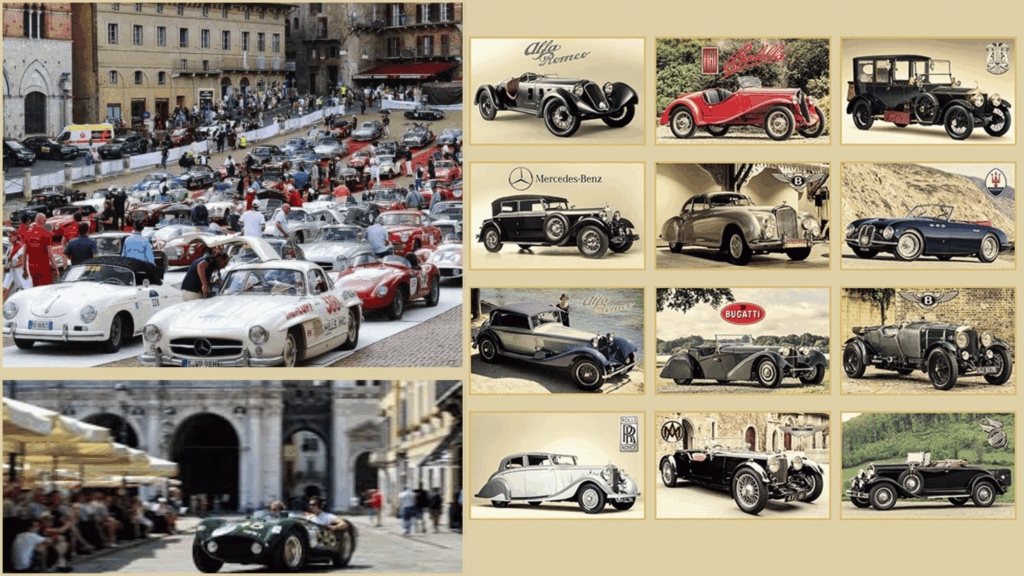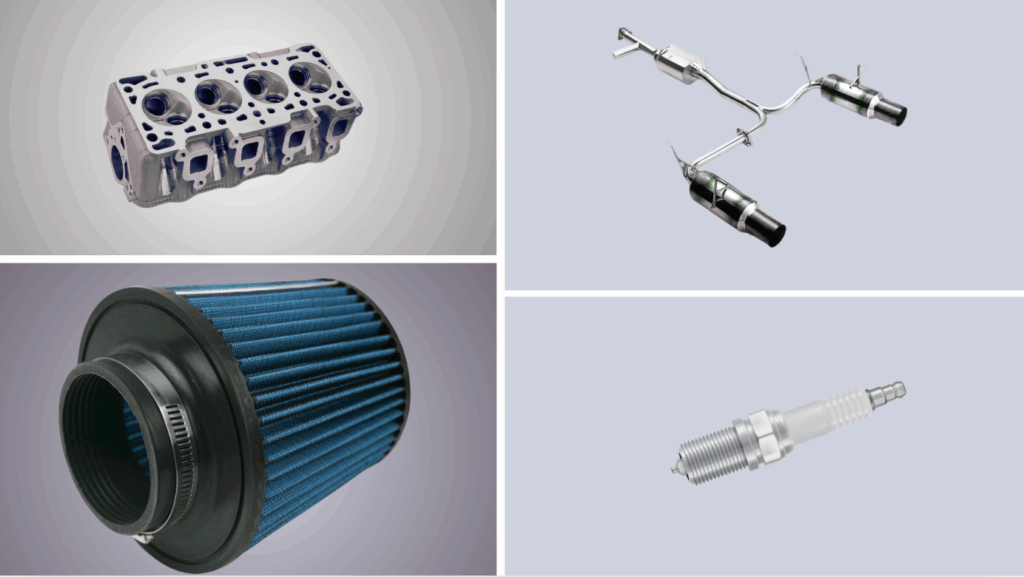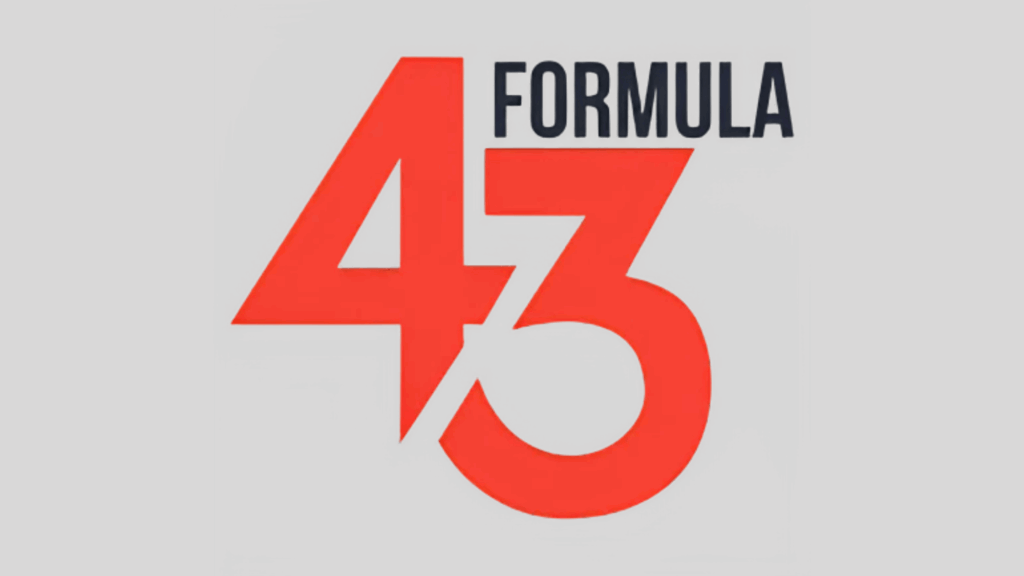Car owners face a tough choice when protecting their vehicle’s paint.
Many people think wax and ceramic coating do the same job, but the differences run much deeper than most realize.
The protection level, cost, and time investment vary dramatically between these two options.
Understanding which option suits different needs and budgets can save car enthusiasts hundreds of dollars and hours of frustration.
This comparison between wax vs ceramic coating breaks down the real-world performance, costs, and application methods to help you make an informed decision.
What is Car Wax? Benefits and Limitations
Car wax is a protective coating made from natural carnauba wax or synthetic polymers that creates a barrier on paint surfaces.
When applied, it fills minor scratches and adds a glossy shine while protecting against UV rays, dirt, and water.
Most car waxes last 2-4 months before reapplication becomes necessary, making them a popular choice for regular vehicle maintenance.
| Benefits | Limitations |
|---|---|
| Easy to apply by hand | Short-lasting protection (2-4 months) |
| Budget-friendly option | Requires frequent reapplication |
| Adds immediate shine and gloss | Limited scratch resistance |
| Widely available in stores | Breaks down in harsh weather |
| Beginner-friendly application | Time-consuming maintenance |
| Enhances paint depth | Minimal chemical resistance |
| Quick application process | Not suitable for long-term protection |
What is Ceramic Coating? Long-Lasting Protection for Your Vehicle
Ceramic coating is a liquid polymer that chemically bonds with a car’s paint to create a permanent protective layer.
Made from silicon dioxide (SiO2), it forms a hard, glass-like surface that repels water, dirt, and contaminants.
Unlike wax, ceramic coating can last 2-5 years with proper care.
Professional application typically costs more upfront but provide superior durability and require less frequent maintenance than traditional wax products.
| Benefits | Limitations |
|---|---|
| Long-lasting protection (2-5 years) | High upfront cost |
| Superior scratch resistance | Complex application process |
| Excellent water-repelling properties | Requires surface preparation |
| Chemical and UV resistance | Difficult to remove once applied |
| Easy maintenance after curing | Professional installation recommended |
| Maintains consistent gloss | Longer curing time needed |
| Self-cleaning properties | Cannot fix existing paint damage |
| Reduces washing frequency | Limited DIY-friendly options |
Step-by-Step of DIYing Wax vs Ceramic Coating
Understanding proper application techniques ensures maximum protection and longevity from both products.
While wax offers a straightforward process, ceramic coating demands more preparation and precision for successful results.
Wax Application Process
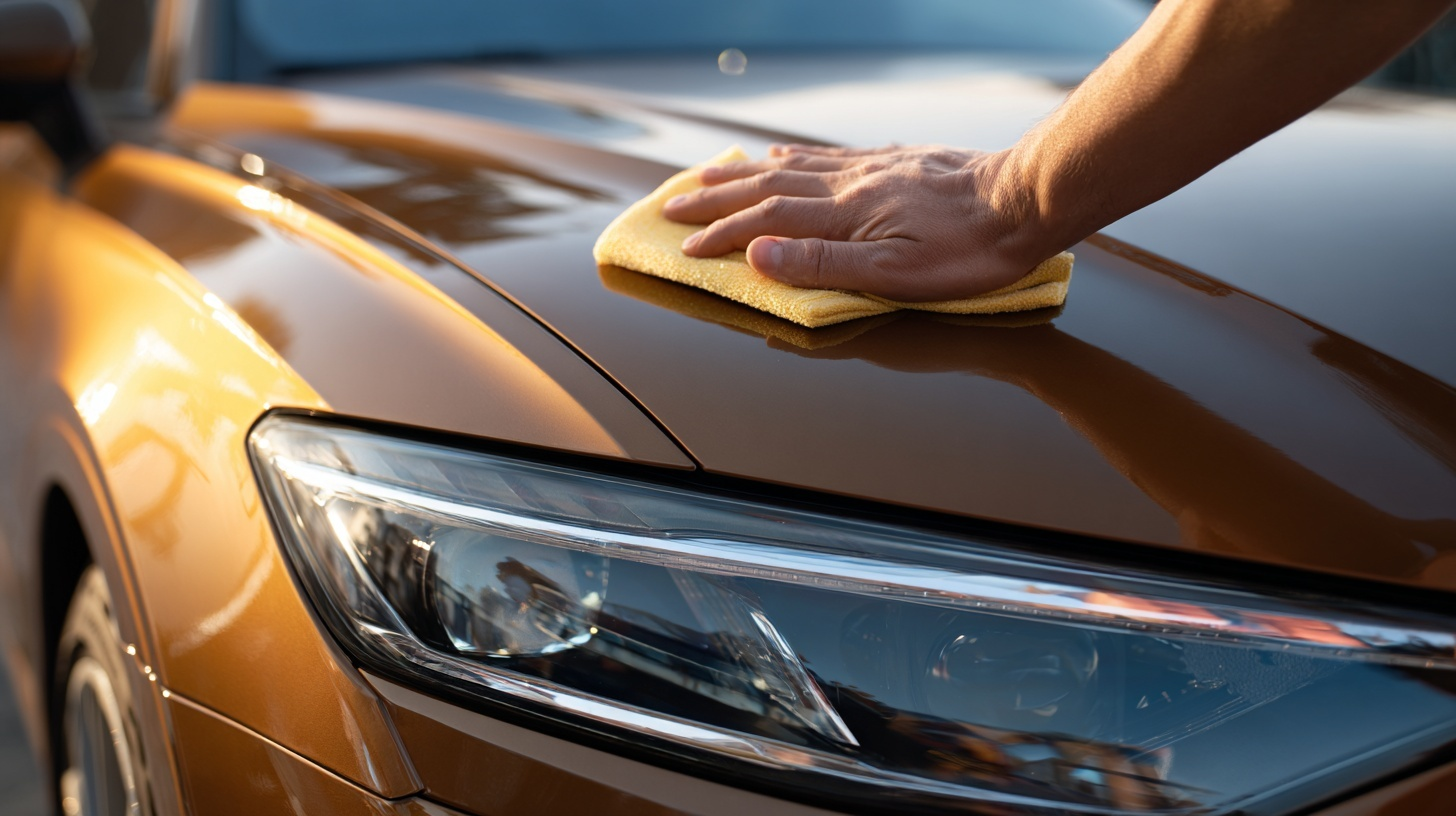
Waxing remains one of the most accessible DIY car care tasks that beginners can master with basic tools and patience.
Step 1: Wash and Dry the Vehicle
Start with a thorough wash using car soap to remove dirt and grime. Rinse completely and dry with microfiber towels. The surface must be completely clean before wax application begins.
Step 2: Apply Wax in Small Sections
Work in 2×2-foot sections using circular motions. Apply thin, even coats with a microfiber applicator pad. Avoid working in direct sunlight or on hot surfaces for best results.
Step 3: Buff Off Residue
Wait for the wax to haze over, then buff off using clean microfiber towels. Use circular motions initially, then straight lines for final polishing. Check for missed spots under good lighting.
Ceramic Coating Application Process
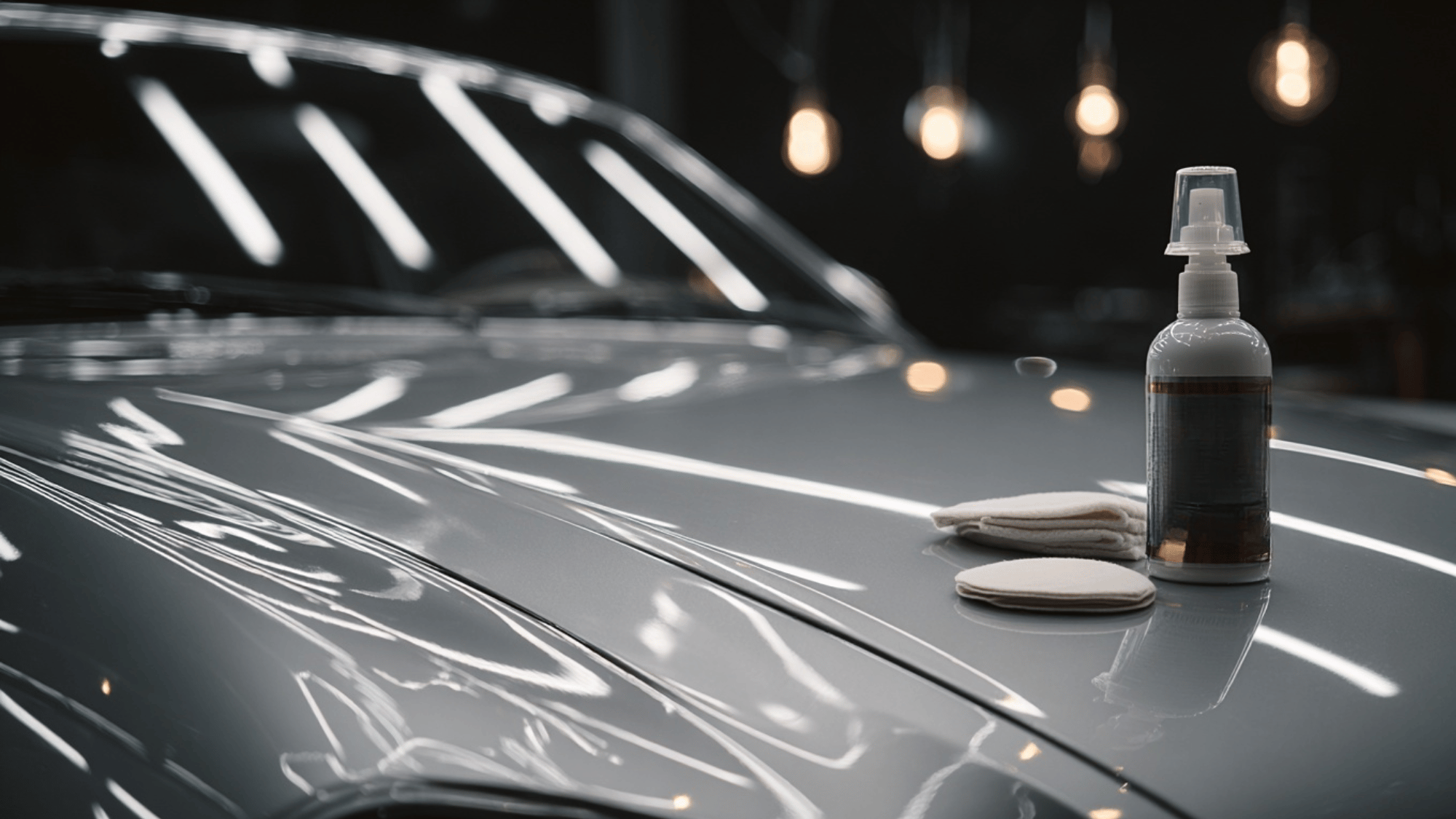
Ceramic coating application requires advanced preparation and precision, making it significantly more challenging than traditional wax application.
Step 1: Deep Clean and Decontaminate
Wash thoroughly, then use a clay bar treatment to remove embedded contaminants. Follow with iron remover and tar remover as needed. The paint surface must be completely clean and smooth.
Step 2: Paint Correction and Polishing
Remove swirl marks, scratches, and oxidation using compound and polish. This step determines the final coating appearance. Skip this only if the paint condition is already excellent throughout.
Step 3: Panel Preparation
Wipe down each panel with isopropyl alcohol to remove polish residue and oils. Work in shade with moderate temperature. Ensure complete surface preparation before coating application.
Step 4: Apply Ceramic Coating
Apply coating to small sections using the provided applicator. Work quickly but carefully to avoid high spots. Follow the manufacturer’s specific instructions for coverage patterns and timing.
Step 5: Level and Cure
Immediately level the coating with a microfiber towel using light pressure. Allow proper curing time as specified. Avoid water contact during the initial curing period for optimal bonding.
Personal Experiences and Real Opinions from Car Enthusiasts
The car detailing community remains split on the wax versus ceramic coating debate, with passionate arguments on both sides.
Many enthusiasts weigh cost against performance when making their decision.
One Range Rover owner perfectly captures this dilemma:
“Usually when I detail my Range Rover I just spray wax on the car but recently have been thinking about ceramic coating… I would need to spend at least 400 dollars just for the chemicals… is this really that worth it or do you think I should just keep waxing?”
Another community member offers a balanced perspective:
“Ceramic coating is newer, trendier, last longer, and much more expensive. Wax is still a timeless way to protect your car… Wax is still great, much cheaper and protects well and gives that deep glossy look.”
However, some focus purely on aesthetics.
One user asks: “I’m only interested in shine for now… When I go out to greet you would I be able to tell the difference?”
This question highlights how different priorities drive different choices within the detailing community.
Comparing Wax vs Ceramic Coating Side by Side
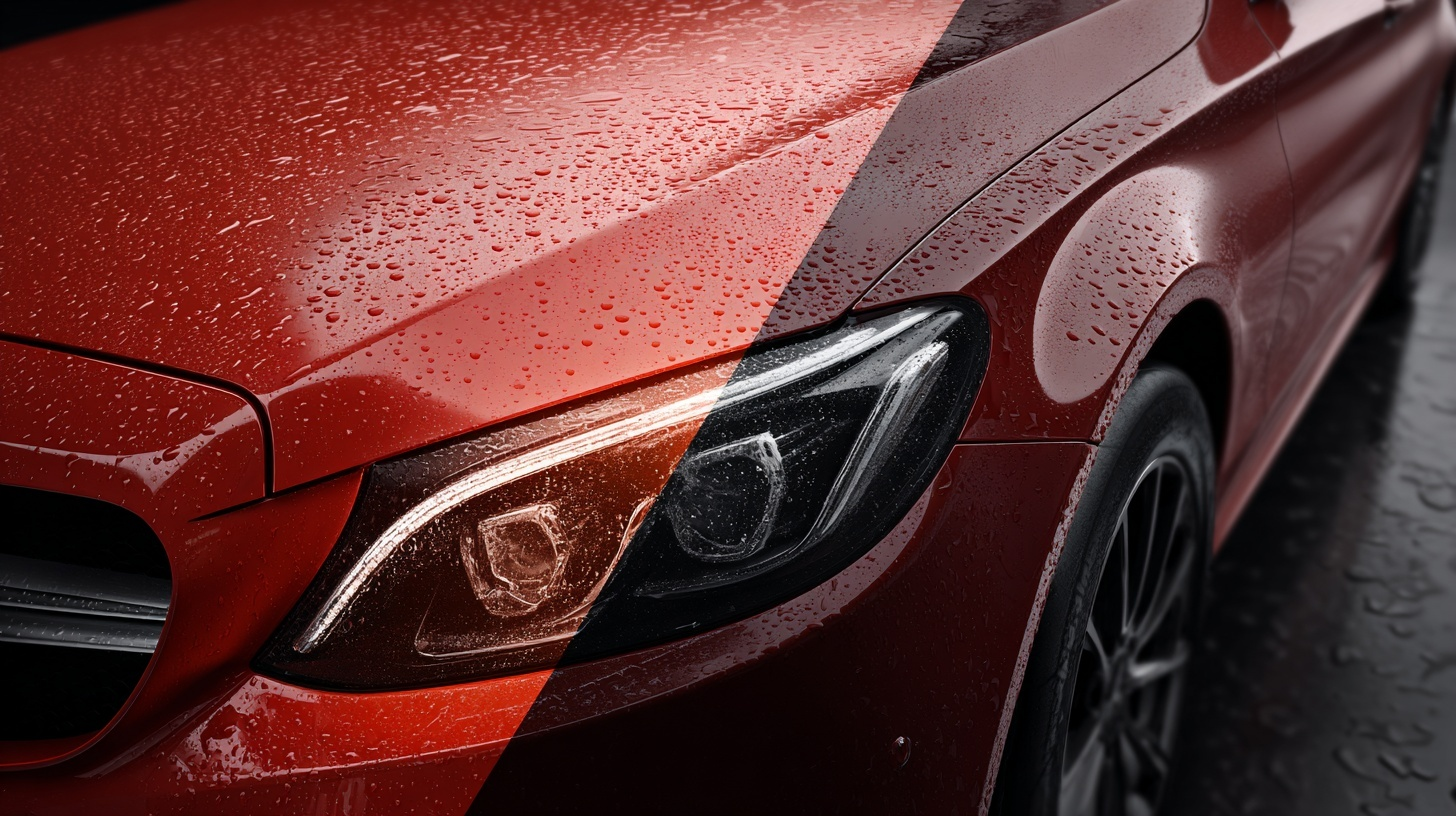
Making the right choice requires understanding how wax vs. ceramic coating protection methods stack up against each other.
This direct comparison examines cost, durability, application difficulty, and performance to help car owners decide which option fits their needs and budget.
| Factor | Car Wax | Ceramic Coating |
|---|---|---|
| Durability | 2-4 months | 2-5 years |
| Cost | $15-50 | $200-800+ |
| Application | Easy, DIY-friendly | Complex, professional preferred |
| Maintenance | Frequent reapplication | Minimal upkeep |
| Shine Level | High gloss, warm finish | Consistent gloss, sharp finish |
| Protection | Basic UV and water | Superior chemical and scratch resistance |
| Removal | Easy to strip off | Permanent bond, difficult removal |
| Time Investment | 1-2 hours every few months | 6-8 hours once every few years |
Wax vs Ceramic Coating: Choosing Based on Your Needs and Lifestyle
The best choice depends entirely on individual circumstances and priorities.
Car owners who enjoy regular detailing sessions and prefer lower upfront costs often gravitate toward wax. It suits weekend warriors who treat car care as a hobby.
Meanwhile, busy professionals or those seeking long-term protection typically choose ceramic coating despite the higher initial investment.
Consider garage storage, climate conditions, and driving habits, too.
Daily commuters in harsh weather benefit more from ceramic’s durability, while occasional drivers might find wax perfectly adequate.
Budget, time availability, and personal preferences ultimately determine which protection method makes sense for each car owner’s specific situation.
The Bottom Line
Both wax vs ceramic coatings serve their purpose in car care, but success comes from matching the product to your specific situation.
Car owners with limited budgets and time for regular maintenance will find that wax delivers excellent results.
Those seeking maximum durability and minimal upkeep should invest in ceramic coating despite higher costs.
Ready to protect your vehicle? Start by honestly assessing your needs, then choose the option that best suits your situation and stick with it.
